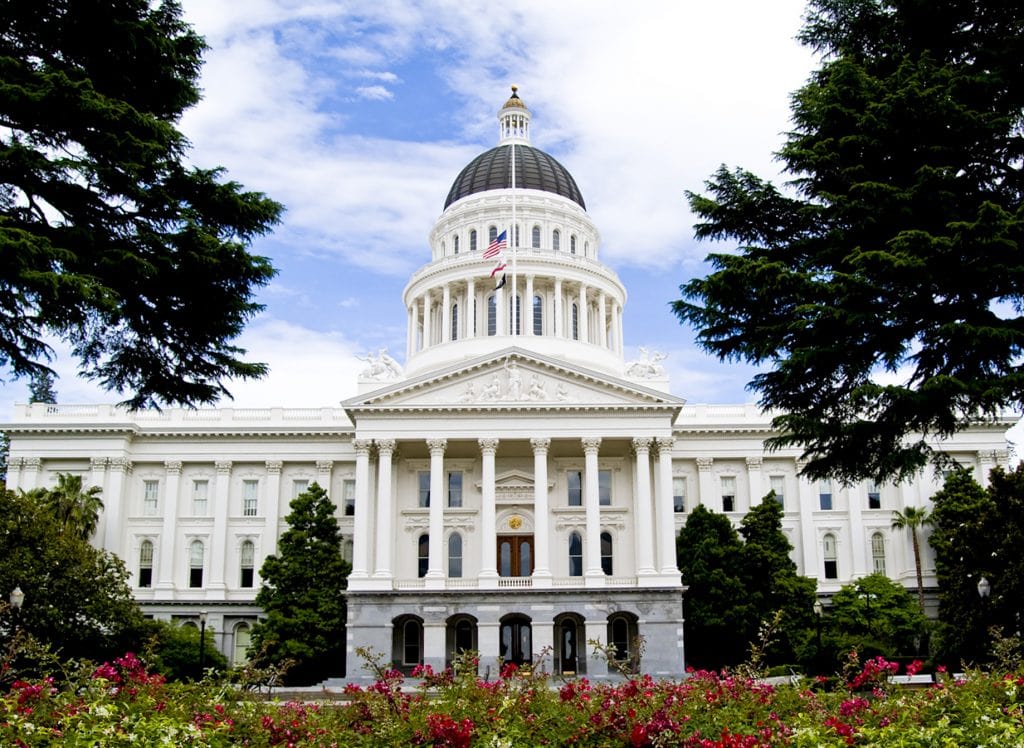October 2019
Steve Chen, PharmD, FASHP, FCSHP, FNAP, associate dean for clinical affairs at USC Mann, and certified HIV pharmacist Carla Blieden, PharmD, MPH, AAHIVP, assistant professor at USC Mann recently answered questions about the new law and its implications.
What should student pharmacists know about SB 159?
CHEN: When SB 159 goes into effect on January 1, 2020, California will become the first state in the nation to furnish PrEP (pre-exposure prophylaxis) and PEP (post-exposure prophylaxis) under the authority of pharmacists without a physician’s prescription. By doing so, major barriers to getting PrEP and PEP such as getting a prescription from a physician, cost, stigma, etc. will be removed and this highly effective treatment regimen will be more readily and widely accessible to prevent HIV infection.
Why is it so important to expand access to PrEP and PEP to attack the HIV epidemic?
BLIEDEN: A few years ago a Centers for Disease Control campaign read, “What if there were a pill that could prevent help prevent HIV? There is.” PrEP is approved in the United States as a once-daily tablet that, when taken as prescribed, is 99% effective at preventing HIV. However, PrEP is not accessible to many Americans. According to the California Department of Public Health, less than 1% of the over 200,000 individuals in California considered at high risk for contracting HIV were taking PrEP in 2016. There are many reasons for the low uptake, including high rates of stigma and low rates of PrEP trained primary care providers in certain geographic areas to name just a few, so expanding access through this new bill has the potential to greatly change the trajectory of this infectious disease. Additionally, access to this medication can provide individuals with a return to an empowered sense of normalcy in their private lives. The bill also increases access to PEP, which, when started within 72 hours of potential HIV exposure, drastically reduces the risk of becoming HIV-positive. Since timing is key, quick access to PEP is essential – which means that the more people able to provide this potentially life-saving medication, the better.
How will this new law impact billing, and what are the next steps?
CHEN: A prior bill, AB 1114, has established a framework for pharmacists in the community to receive payment for furnishing various medications and related services such as emergency contraception, smoking cessation, immunizations, etc. The State Board of Pharmacy must now provide the necessary regulations for this law, including mandatory training requirements, before the PrEP and PEP services can commence.
Why does it make sense for pharmacists to play a greater role in expanding access to HIV preventative medication?
BLIEDEN: The pharmacist is uniquely positioned to work with individuals on initiation and adherence to PrEP and PEP, as well as engagement in care, long term. These are points in the HIV prevention and care continuum that have historically shown the highest drop offs in numbers.
Pharmacies are ubiquitous, easily accessible and pharmacists are considered one of the most trusted professions. In California, pharmacists are already authorized to furnish emergency contraceptives and the birth control pill without a prescription and so the infrastructure to do this already exists.
What are some other changes on the horizon – legislative and otherwise – that are likely to impact pharmacists and the state of health care in California over next few years?
CHEN: While no one can predict the future of legislation for pharmacists in California, the success of AB 1114 and SB 159 indicate that there is bipartisan support for expanding the role pharmacists play in public health. A Comprehensive Medication Management bill for Medi-Cal patients, AB 1131, will be continued or reintroduced next year after being held in suspense in the Senate Appropriations Committee this year. Other states including Texas, Washington, and Idaho have enacted legislation prohibiting insurers from discriminating against pharmacists for payment or reimbursement for services performed within the state’s approved scope of pharmacist licensure. California’s schools of pharmacy are working on proposing similar legislation.


